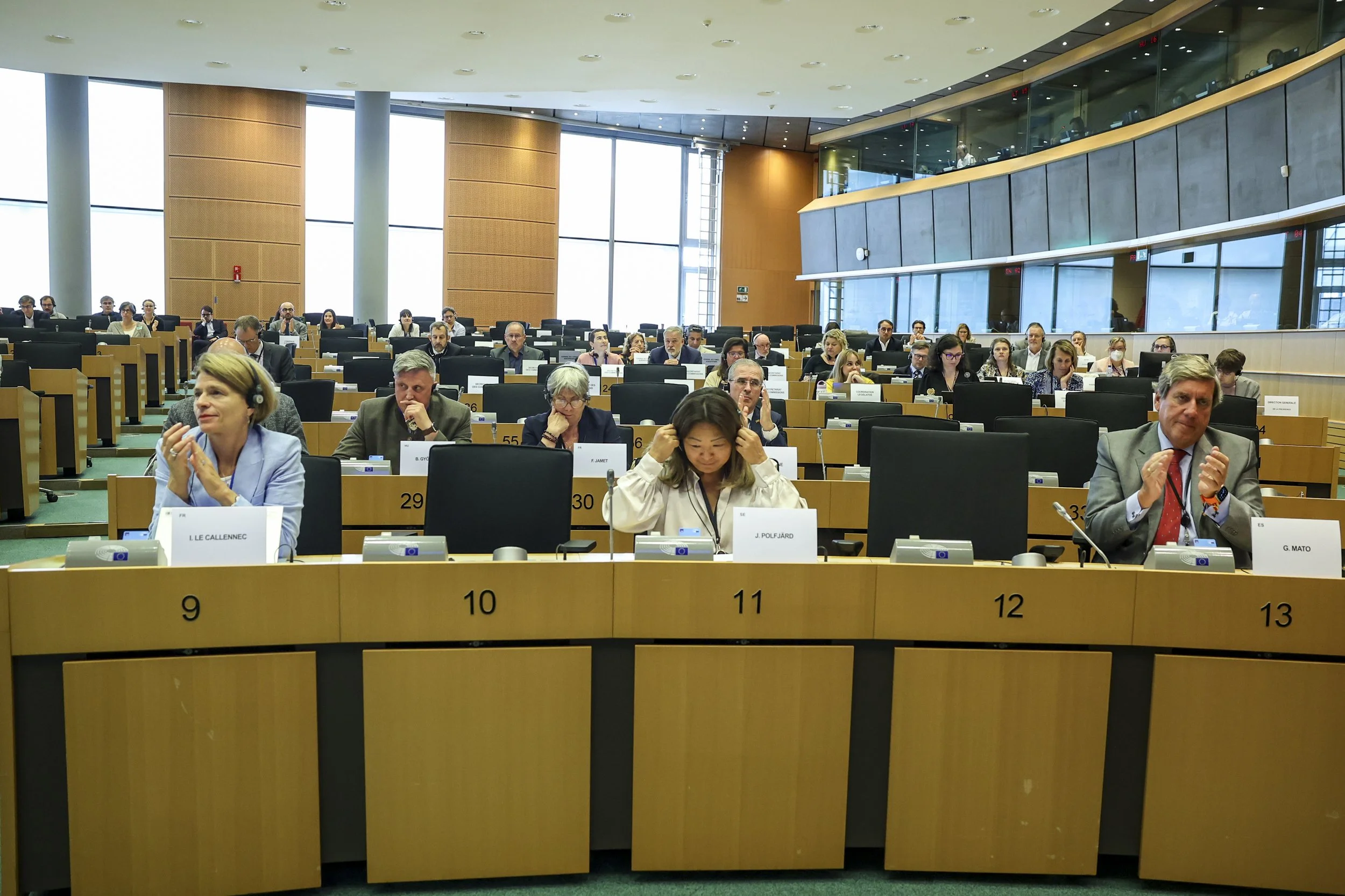CFFA writes to the Commissioner for Environment and Oceans, seventeen months after lodging the first complaint, and subsequent exchanges with DG Mare, as no satisfactory answer has been given
On 6 February 2019, our organisation CFFA, as well as other environmental and professional fishing organisations, PRCM, Bloom, Danish Living Seas and CAOPA, jointly lodged a complaint to the European Commission for alleged failure by Italian authorities to adopt measures to monitor their vessels in the waters of Sierra Leone and, where relevant, to sanction them if they were operating illegally in contravention of EU fisheries rules.
Seventeen months from the complaint, and after several exchanges with the European Commission, we have not yet received a satisfactory answer by DG MARE, whose last communication was on 20 February 2020, was that it “was not in a position to arrive at a decision”. On 1 July 2020, CFFA sent a letter to the Commissioner for Environment and Oceans, Mr. Virginijus Sinkevičius, explaining the whole process, urging the Commission to act, highlighting that “there are no grounds on which the Commission should delay any action that it must take, as Guardian of the Treaty, against Italy which fails to fulfil its obligations as an EU Member State” and stating that if the Commission does not inform CFFA “of any concrete follow-up” to the complaint within one month”, CFFA “is ready to refer the case to the European Ombudsman”.
CHRONOLOGY
Here is a recap of CFFA’s exchanges with the Commission (click on the dates to open and download the communications):
Italian vessel engaged in IUU in Sierra Leone
A joint surveillance mission by Greenpeace and Sierra Leone fisheries authorities found an Italian vessel engaged in IUU (shark finning).
Six Italian trawlers fail to comply with provisions of SL authorizations
Six Italian trawlers were delivered direct fishing authorizations but, according to local sources (participatory surveillance) and VMS/AIS data, these did not comply with the provisions of the authorisations. Namely: 1) The prohibition to fish in the inshore zone reserved for artisanal fishing; 2) The need to request permission for transhipments at sea and 3) The prohibition to catch octopus and cuttlefish in zones where they are coming to spawn.
CFFA & other organisations file a complaint to the EC
CFFA, CAOPA, PRCM, Danish Living Seas and Bloom file a joint complaint to the European commission for “Failure of Italian competent authorities to adopt measures to monitor their vessels operating in the waters of Sierra Leone and, where relevant, to sanction them if they were operating illegally, in contravention of EU fisheries rules”.
Informal meeting with DG MARE
Meeting between CFFA and DG MARE where additional information was provided.
DG MARE requests additional evidence
Letter from DG MARE asking us to provide the Commission with additional clarifications and supporting evidence. We considered that we had already given enough elements about the infringements of the Italian vessels concerned so that the Commission could inquire about the activity of the Italian vessels in Sierra Leone waters.
CFFA sends a letter reminding of EC obligations
CFFA sent a letter noting that it is the duty of the Commission, as Guardian of the Treaty, to carry out the relevant inquiries and reminded that, according to ITLOS, case n° 21, the obligations of the flag States become those of the international organisation, which may be held liable for any breach of its obligations.
DG MARE: The complaint is integrated in a pilot case
Letter from DG MARE saying that our complaint had been integrated in an EU Pilot case launched on 29 November in the context of an audit carried out by DG MARE.
DG MARE: “Not in a position to arrive at a decision”
Short letter from DG MARE saying only that the Commission was not in a position to come to a decision. Now, end of June 2020, almost again 5 months later, we have not received anything new from the Commission.
Banner photo: Unsplash @fer_nando











To mark International Women's Day, and taking advantage of her visit to Brussels as part of the Fisheries and Oceans Dialogues organised by the European Commission, we interview Raïssa Madou, a fish processor in Côte d'Ivoire.